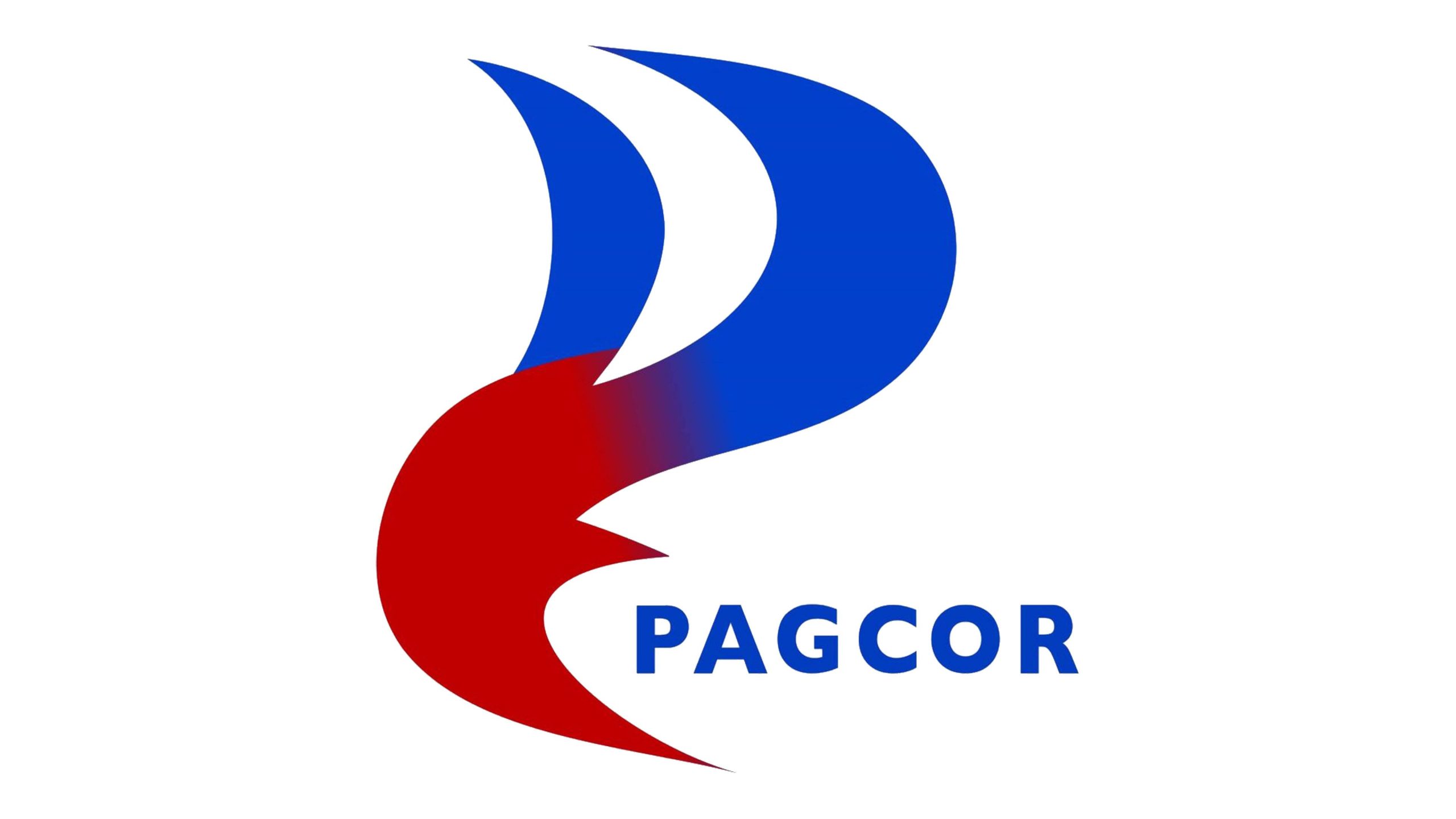Philippines Reinvents Gaming Regulation Amid Surging iGaming Success
The Philippine gaming landscape is undergoing significant transformation as the government enhances its regulatory framework, coinciding with remarkable performance in the iGaming sector.
In the first quarter, the Philippine Amusement and Gaming Corporation (PAGCOR) reported revenues of PHP28 billion (approximately $502.9 million), marking an 11.2% increase from the previous year. This figure notably exceeded the government’s own revenue targets, showcasing the sector’s resilience.
Key revenue streams emerged from gaming operations and licensing, contributing a substantial PHP25.53 billion—91% of the total revenue. Encouragingly, expenses saw a decline of 15.5% to PHP6.22 billion from PHP7.36 billion last year.
Gaming Innovations Drive Revenue Growth
Notably, electronic games and e-bingo have emerged as powerhouses in revenue generation, collectively accounting for 56% of gaming revenues, translating to PHP14.32 billion. In contrast, licensed and PAGCOR-operated casinos contributed 44%, totaling PHP11.2 billion. The net income witnessed a remarkable rise of 23%, reaching PHP4.22 billion, underscoring the sector’s growth trajectory.
“This robust performance showcases PAGCOR’s dedication to responsible governance and fiscal discipline,” noted Alejandro H. Tengco, CEO and Chairman of PAGCOR. The institution also made a noteworthy contribution to nation-building, amounting to PHP18.9 billion, a 21.5% increase from the previous year.
Enhanced Regulatory Oversight
In a recent development, PAGCOR announced an expansion of its regulatory authority, signaling a robust effort to enhance governance within the industry. According to a notice dated April 30, Jeremy B. Luglug, Assistant Vice President at PAGCOR’s Electronic Gaming Licensing Department, revealed plans for a new Regulatory Framework aimed at the Accreditation of Gaming Affiliates and Support Service Providers.
This initiative will streamline the accreditation process for external service providers, including payment solutions, marketers, KYC providers, and testing labs—ensuring they operate under PAGCOR’s stringent oversight. This move is part of a broader initiative to strengthen the integrity of the Philippine gaming industry, which is notably the third-largest contributor to the national treasury.
Commitment to Integrity and Investment Attraction
The Philippines’ gaming sector faced challenges last year, notably with President Ferdinand Marcos Jr.’s ban on Philippine Offshore Gaming Operations due to rising crime allegations. However, following substantial enhancements in regulatory frameworks dealing with anti-money laundering and counter-terrorism efforts, the country was successfully removed from the Financial Action Task Force (FATF) grey list.
This strategic overhaul aims to align the Philippines with other highly regulated gaming jurisdictions, thereby enhancing its attractiveness to foreign investors. PAGCOR is also actively pursuing a divestment strategy concerning its casino operations. Lawmakers have raised concerns about potential conflicts of interest arising from PAGCOR’s dual role as both a regulator and operator. The upcoming sale of 45 PAGCOR gaming halls, including nine branded as Casino Filipino, could generate PHP50 billion, further reshaping the industry landscape.
Initially expected to commence this year, this divestment is now projected to conclude by 2026, marking a pivotal moment in the evolution of the Philippine gaming industry.
